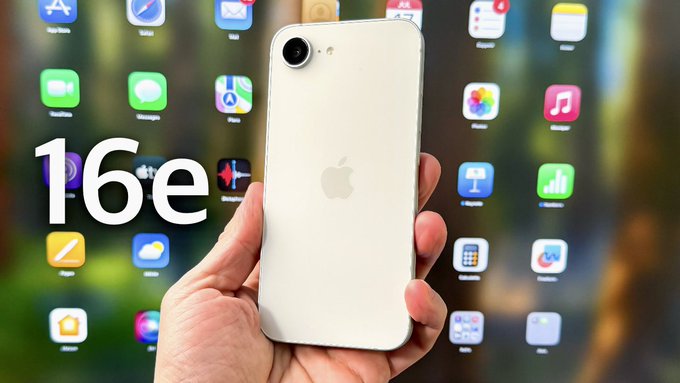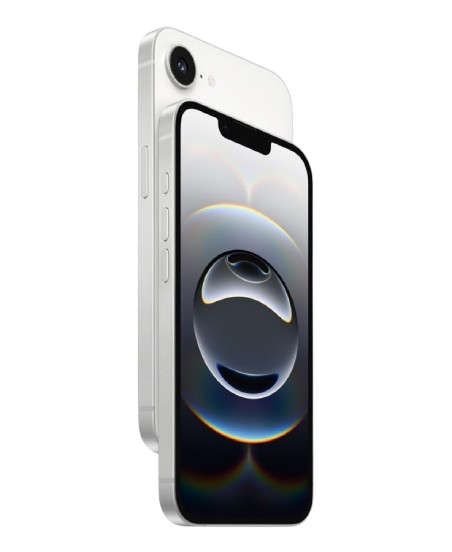Although it is outselling the iPhone SE, Apple's iPhone 16e will not stop the decline in China.
Apple's iPhone 16e is gaining traction, surpassing iPhone SE sales, yet its impact on Apple's China market share remains uncertain. This post examines the 16e's appeal against the backdrop of Huawei's resurgence and rising nationalistic consumer preferences. We analyze if a mid-range model can counter the broader trends affecting Apple's standing in China's competitive smartphone landscape.
GADGETS
Hafsa
3/14/20252 min read


At least based on early sales data, Apple's strategy to take the mid-range smartphone market with the iPhone 16e is succeeding. According to reports, the iPhone 16e is selling more than its predecessor, the iPhone SE, indicating that consumers are eager for an Apple product that is both feature-rich and more reasonably priced. This encouraging result, though, does not guarantee that Apple's diminishing market share in China will reverse.
The iPhone 16e's Attractive Features
The purpose of the iPhone 16e is to close the gap between the flagship models and the more affordable iPhone SE. Customers looking for a balance between price and performance are drawn to its main features, which include the newest A-series chip, a slightly larger display, and an enhanced camera. Its early sales success can be attributed in part to this strategic positioning.
Targeting the Mid-Range Market: Apple's decision to launch a more alluring mid-range option targets a sizable market segment in China, where customers are becoming more cost conscious while still desiring high-end features.
Improved Features: The 16e offers a more alluring value proposition thanks to its improvements over the SE, which include longer battery life and improved camera capabilities.


China's Challenge
Apple still has a lot of obstacles in the Chinese market, even with the favorable reception of the iPhone 16e.
Resurgence of Huawei: Apple's market share is seriously threatened by Huawei's resurgence due to its cutting-edge technology and potent nationalistic appeal. Chinese consumers are taking notice of Huawei's newest smartphones, which is increasing competition.
Increasing Domestic Competition: Other Chinese smartphone producers, including Vivo, Xiaomi, and Oppo, keep developing new ideas and providing competitive products at affordable prices. Apple finds it challenging to hold onto its market share due to the fierce competition.
Nationalistic Sentiment: Chinese consumers are increasingly favoring domestic brands due to a rise in nationalistic sentiment. Sales of international brands like Apple may be impacted by this sentiment.
Economic Factors: Given China's current economic uncertainty, consumers may choose less expensive options, which could hurt sales of luxury brands.
Finalization
Write your text here...
Insights
Explore the latest in tech and programming.
Contact
Blog
hello@neonbytes.online
© 2025. All rights reserved.
